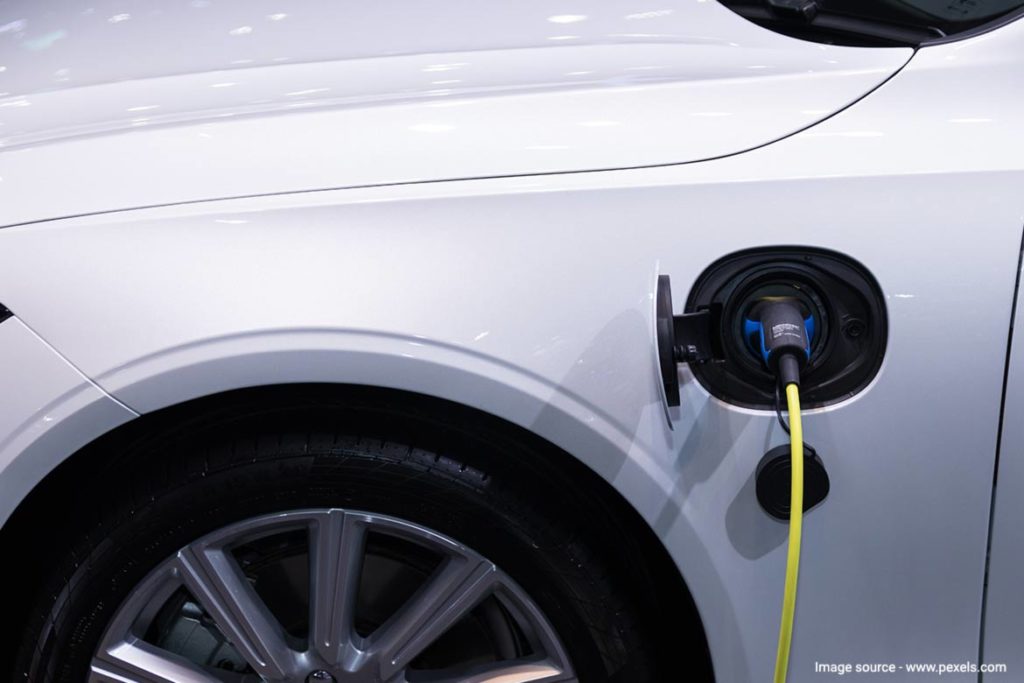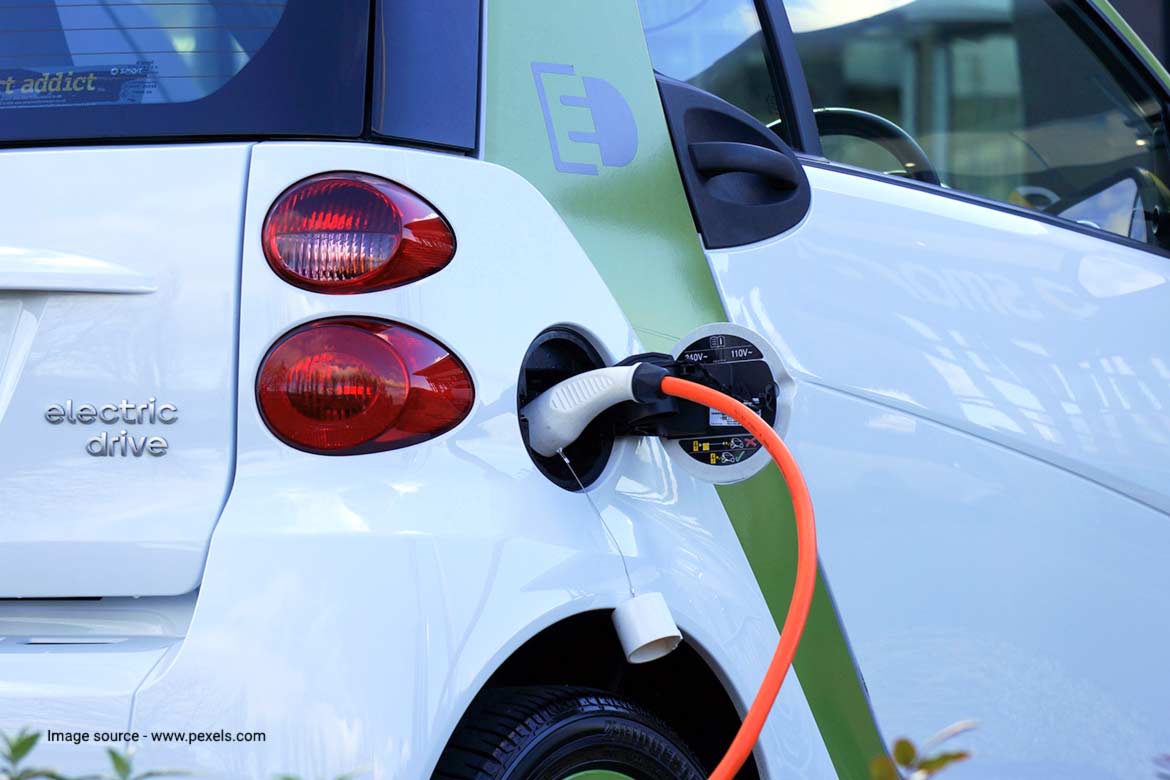The skyrocketing popularity of electric vehicles has made lithium, cobalt, and nickel precious minerals. The demand has grown to such levels that many lithium mining companies are failing to increase the supply according to the demand. The price of lithium carbonate reached a record level at the end of 2021. As of now, the major chunk of global production of batteries is produced in China. Today, in this article we will understand the importance of these future fuels and the position of India.
What is lithium and its significance?
Lithium is a chemical element, which is kept in the category of lightest metals. Even after being metal, it can be easily cut with a knife or any sharp object. The battery made of this material is very light as well as recharges easily.
Lithium is the most important raw material for manufacturing batteries. These batteries are used in electric vehicles. Due to this battery, our dependence on fossil fuels produced over millions of years has reduced, which is the biggest relief.
Cobalt-nickel is also important:
Apart from lithium, the prices of other materials used in cathode have also risen sharply. The price of cobalt has doubled in the last one year. Now it is getting into the international market at a price of more than 70 thousand dollars per ton. Similarly, the price of nickel has also gone up. Its price has increased by 15 percent in one year and now it has become above 20 thousand dollars.

Also read: 6 Maintenance Tips That Will Extend The Life Of Your Electric Vehicle
Experts say that the main reason for the increase in the price of these materials is the increase in the demand for electric cars. According to a report by the American website Bloomberg, an estimated 5.6 million electric cars were sold worldwide in 2021. The demand for electric cars is projected to increase even more in 2022. Due to this, the demand for lithium and other minerals has increased. According to market agency S&P Global Market Intelligence, more than four lakh 97 thousand tonnes of lithium were consumed in 2021. In 2022, this consumption can reach up to six and a half million tonnes. This growth will continue for the next few years.
India’s current position:
For now, we have been dependent on imports of these minerals. Due to the low reserves of lithium in India, we are dependent on China. According to a report in the Economic Times, in the year 2019, India imported three times the amount of lithium batteries.
India’s future plan:
In such a situation, India is considering buying lithium mines in many other countries to end its dependence on China in an important sector like energy. In view of this, in the year 2019, a company named Khanij Bidesh India Limited was formed. This company was formed by merging three government companies. Its purpose is to buy elements like lithium from abroad so that the country can become completely self-sufficient in the field of energy. The recent agreement with an Argentinian firm is a step in that direction. It has reserves of more than 3.32 tonnes of lithium and has already been giving signals to India to be ready for its supply. Apart from this, India is also considering the countries rich in lithium like Chile and Bolivia.
Having the right to source lithium, it will be easy for India to manufacture batteries on a large scale within its boundaries. NITI Aayog is also preparing a battery manufacturing program for this, in which discounts will also be given to those who install Gigafactory of batteries in India. With the manufacture of lithium-ion batteries in India, the total cost of the electric vehicle will also be much lower because the cost of the battery itself is about 30 percent of the cost of the entire vehicle.

